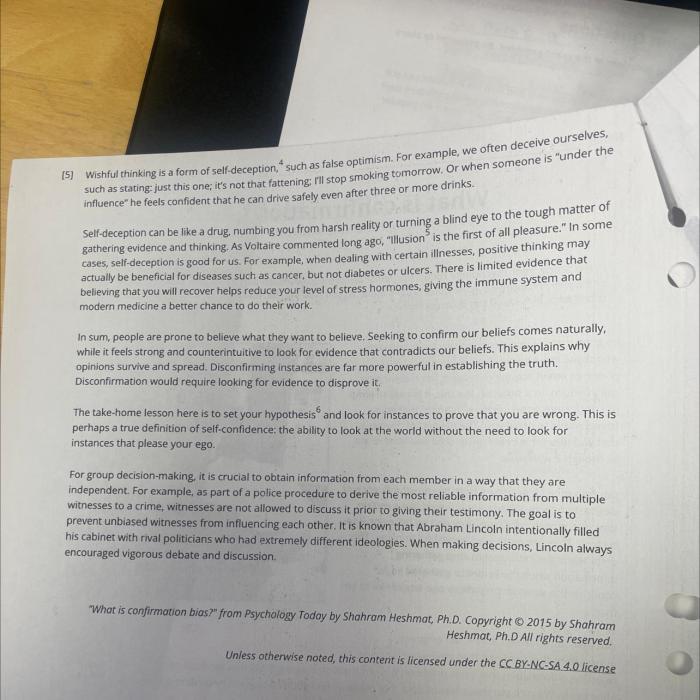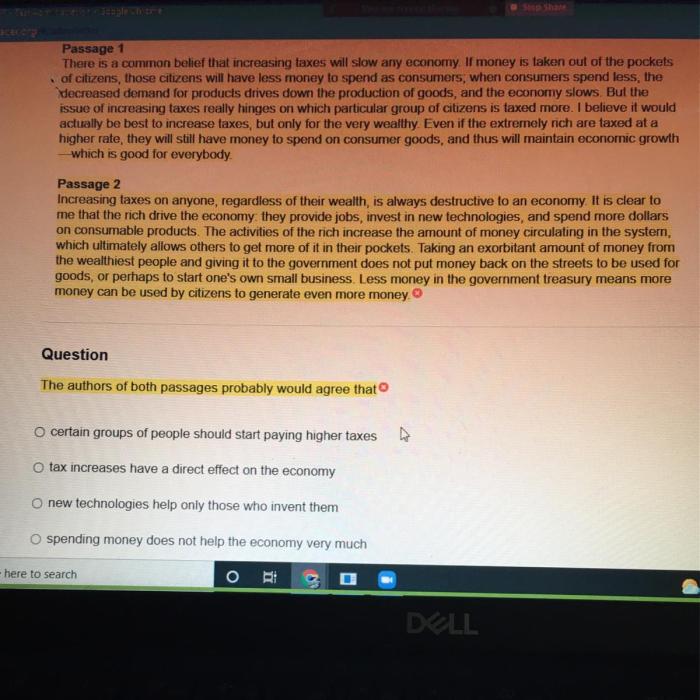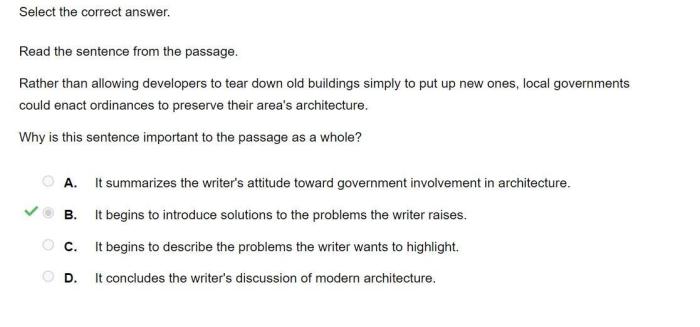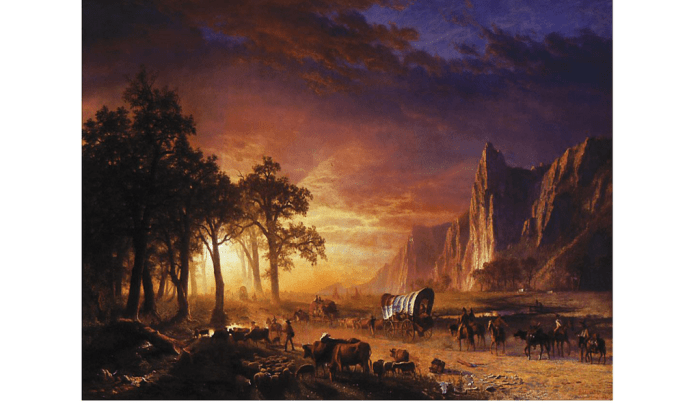Jefferson’s central claim in the passage is that the Declaration of Independence is a powerful statement of natural rights and individual liberty. He argues that all men are created equal and have certain unalienable rights, including the right to life, liberty, and the pursuit of happiness.
Jefferson’s claim is supported by a number of key pieces of evidence from the Declaration of Independence itself. In the preamble, Jefferson declares that “all men are created equal” and that they are endowed with certain “unalienable Rights.” He then goes on to list these rights, including the right to life, liberty, and the pursuit of happiness.
Jefferson’s Central Claim

Jefferson’s central claim in the passage is that the Declaration of Independence should be seen as a statement of universal truths that apply to all people, regardless of their nationality or social status. He argues that the principles of liberty, equality, and the pursuit of happiness are inherent rights that belong to all individuals by virtue of their humanity.
Evidence for the Claim, Jefferson’s central claim in the passage is that
- Jefferson states that “all men are created equal” and that they are endowed with certain “unalienable Rights.”
- He argues that these rights include “Life, Liberty and the pursuit of Happiness.”
- Jefferson also states that governments are instituted “to secure these rights” and that they derive their just powers from the consent of the governed.
Counterarguments
One potential counterargument to Jefferson’s claim is that the Declaration of Independence was only intended to apply to the American colonists and not to all people.
Jefferson addresses this counterargument by stating that the principles of the Declaration are “self-evident” and that they are “true at all times and in all places.”
Implications of the Claim
Jefferson’s claim has profound implications for the broader context of the passage.
- It suggests that all people are entitled to the same basic rights and freedoms.
- It also implies that governments have a responsibility to protect these rights and that they can only derive their just powers from the consent of the governed.
Style and Language
Jefferson uses clear and concise language to present his claim.
- He employs simple sentences and straightforward language that is accessible to a wide audience.
- He also uses rhetorical devices such as repetition and parallelism to emphasize his points.
General Inquiries: Jefferson’s Central Claim In The Passage Is That
What is Jefferson’s central claim in the passage?
Jefferson’s central claim in the passage is that the Declaration of Independence is a powerful statement of natural rights and individual liberty.
What evidence does Jefferson provide to support his claim?
Jefferson provides a number of key pieces of evidence from the Declaration of Independence itself to support his claim. In the preamble, Jefferson declares that “all men are created equal” and that they are endowed with certain “unalienable Rights.” He then goes on to list these rights, including the right to life, liberty, and the pursuit of happiness.
What is the significance of Jefferson’s claim?
Jefferson’s claim has had a profound impact on American history and politics. It has been cited as a justification for everything from the abolition of slavery to the civil rights movement. It is a powerful reminder that all men are created equal and that they deserve to be treated with dignity and respect.



